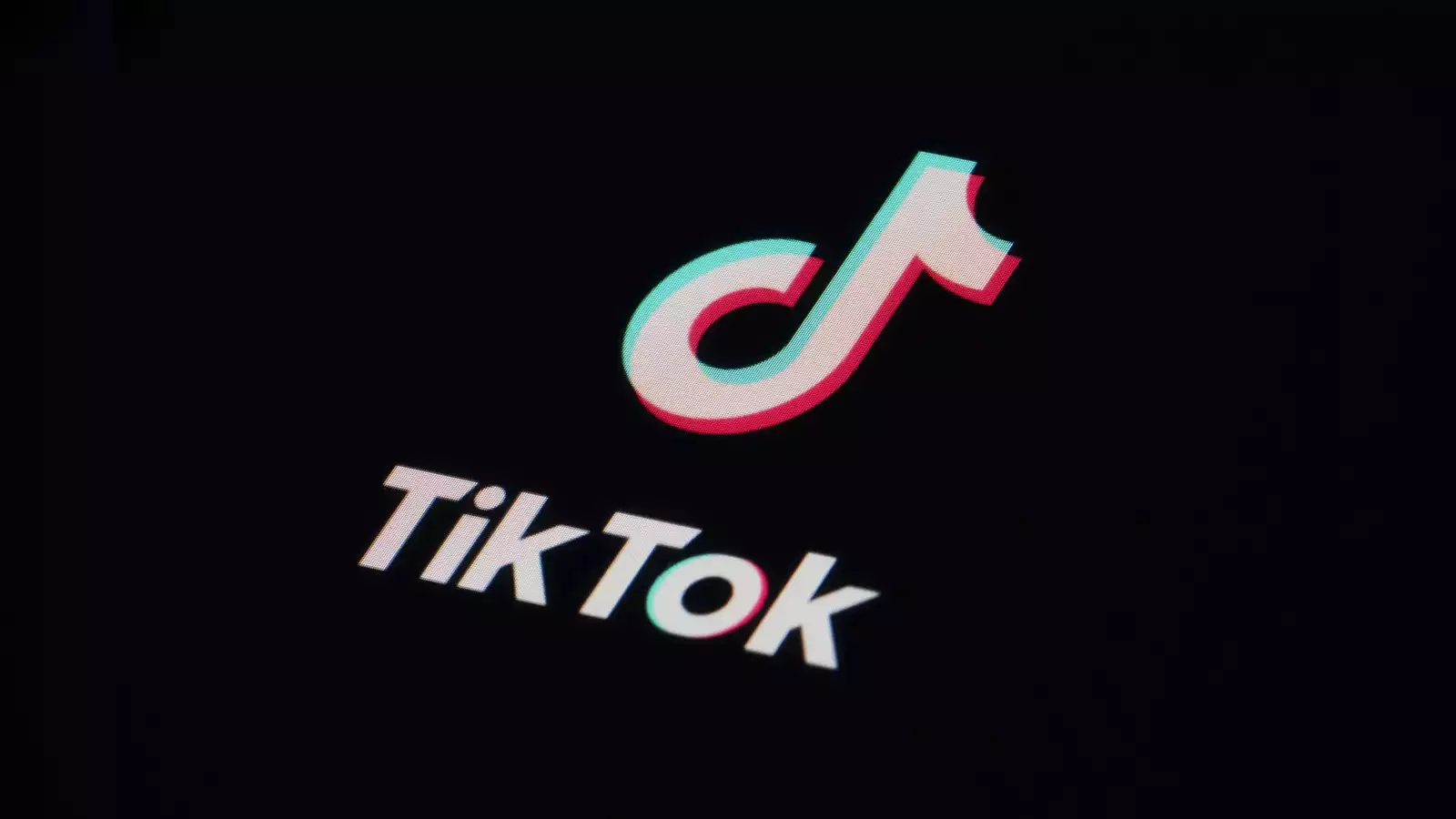The measure garners bipartisan backing despite vigorous lobbying efforts and is now set to advance to the Senate.
US House Passes Bill to Restrict TikTok Distribution
The US House of Representatives has voted overwhelmingly to pass a bill aimed at prohibiting app stores from distributing TikTok unless its Chinese owner divests ownership of the video-sharing platform.
Bipartisan Support for the Bill
In a 352-65 vote, Republicans and Democrats united to support the bill, which is endorsed by President Joe Biden but faces opposition from Donald Trump.
US security and intelligence officials have conducted classified briefings for lawmakers in recent days, emphasizing the national security risks associated with ByteDance, a Chinese company, owning TikTok.
Despite an intense lobbying effort by TikTok, which utilized its own app to urge users to contact Congress members to oppose the measure, lawmakers largely disregarded it. Notably, 197 Republicans supported the bill, even after Donald Trump, a former TikTok critic, reversed his stance to oppose the measure.
TikTok stated in a release,
“This process was conducted in secrecy, and the bill was rushed through with one objective: to implement a ban. We remain optimistic that the Senate will carefully consider the facts, heed the voices of their constituents, and recognize the repercussions on the economy, 7 million small businesses, and the 170 million Americans who utilize our platform.”
The White House and multiple lawmakers have refuted TikTok’s claims of attempting to “ban” the app, highlighting their preference for the platform to remain operational under the condition that it no longer maintains Chinese ownership.
On Tuesday, US National Security Adviser Jake Sullivan underscored that the core concern revolves around the issue of “ownership.”
Do we prefer TikTok, as a platform, to be owned by an American company or by China? Do we want TikTok’s data, including that of children and adults, to remain within America or be transferred to China?” Sullivan stated. This represents the pivotal question in this matter, and the president’s stance on this critical issue is clear and unwavering.
The House vote sets the stage for the Senate to review the bill or develop its own approach to address the TikTok issue. While a prior Senate attempt to tackle the matter faltered due to concerns about granting the administration broad authority over various types of apps, the significant House vote to compel ByteDance to divest TikTok is likely to intensify pressure on senators to seriously consider the legislation.
In a notable indication of progress, Mark Warner, the Democratic chair of the intelligence committee, and his Republican vice-chair Marco Rubio have endorsed the measure, expressing their anticipation of collaborating to ensure the bill’s passage through the Senate and eventual enactment into law.
However, Chuck Schumer, the Democratic Senate majority leader known for his stance against China, remained non-committal following the vote, stating that the Senate would assess the legislation upon its arrival from the House.
Supporters of the bill are likely to encounter resistance from Rand Paul, the libertarian Republican senator from Kentucky, who has voiced concerns regarding its potential impact on free speech. TikTok has urged its advocates to make the same argument to Congress, contending that the rights of the 170 million Americans who have downloaded the video app are at risk.
Maria Cantwell, the Democratic chair of the Senate commerce committee, holds significance in this matter as her panel would oversee the bill’s progress if it follows the regular process. She expressed deep concern about adversaries exploiting Americans’ data or trying to establish backdoors in information communication technology.
Cantwell emphasized the gravity of these national security threats and commended members from both chambers for their serious approach. She expressed her intent to collaborate with Senate and House colleagues to chart a course that respects constitutional principles and preserves civil liberties.
The bill mandates ByteDance to divest TikTok within 180 days to avoid its removal from app stores. It was proposed by Mike Gallagher, the Republican chair of the House committee on China, and his Democratic counterpart Raja Krishnamoorthi. Last week, the House energy and commerce committee unanimously approved the bill with a vote of 50-0.
In a letter addressed to Gallagher and Krishnamoorthi on Monday, TikTok’s chief lobbyist Michael Beckerman raised concerns about the bill’s rapid progression through Congress, calling it unprecedented and highlighting serious constitutional issues. He also dismissed claims suggesting that TikTok was indirectly controlled by the Chinese government via ByteDance.
US officials are apprehensive that ByteDance might be compelled by Beijing to surrender American users’ data under a Chinese national security law mandating companies to furnish information upon request.
During his testimony before Congress on Monday, FBI director Christopher Wray concurred with the notion that ByteDance would likely comply with Beijing’s directive to provide data crucial for TikTok’s algorithm if requested.
